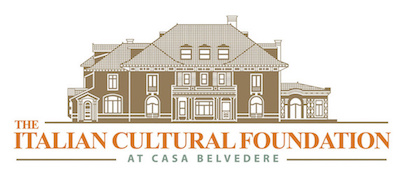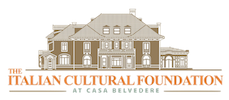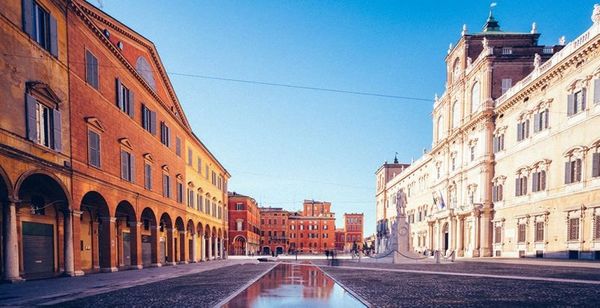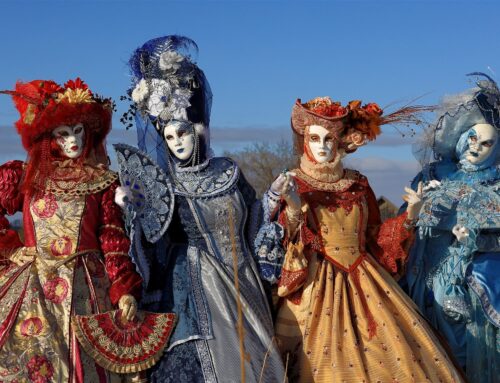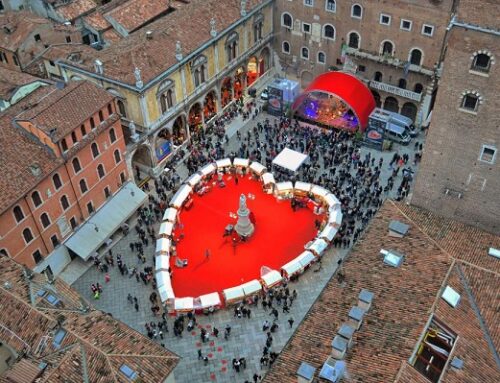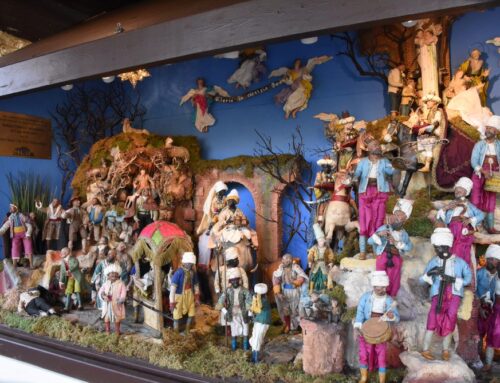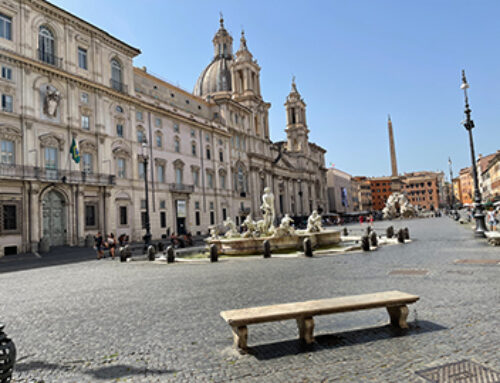Have you ever heard of Modena?
Located in the region Emilia-Romagna in northern Italy, Modena is a little jewel that combines the best of city life and small-town living. Elegant, rich in history, lively in a gentle way, it is welcoming and warm with the golden hue of most of its buildings. Modena is sophisticated, with adorable small shops and cafes under exquisite portici.
Amazingly, after World War II, Modena was economically depressed, with very little industry. Today, the town’s tourism office lures visitors with its slogan: Art, Food, and Cars.
Modena is well known for its luxury sports car industry. It is (or has been) home to the factories that produce Ferrari, De Tomaso, Lamborghini, Pagani and Maserati. One of Ferrari’s cars, the 360 Modena, was even named after the town. Some of the town’s contemporary architectural landmarks are the Ferrari Gallery and the Enzo Ferrari house museum.
But Modena is more than just sports cars. The province is well known for theater and music, with more than 1,500 live performances each year. Annual cultural events in Modena include the prestigious Festival of Philosophy, which attracts tens of thousands of people.
Modena was the hometown of Luciano Pavarotti, one of the greatest tenors in history. The Luciano Pavarotti Museum is on the estate where the famous tenor lived and built an equestrian center. The museum contains personal effects and memorabilia from Pavarotti’s illustrious career.
The Museo delle Figurine is a unique museum dedicated to collectible cards and other paper objects such as barber calendars, cigarette cards, placemarks, menus, sealing stamps, hotel labels and other smaller collections. It also highlights modern sports cards, especially football, and albums in the post-war period.
Touring Modena
The capital of Romanesque art, Modena was made a UNESCO World Heritage Site in 1997. It boasts a wealth of monuments.
The 12th-century Duomo di Modena is heavily adorned with sculptures representing Biblical characters and stories. Inside are two terra cotta nativity scenes (15th and 16th century), a 13th-century marble parapet portraying the Passion of the Christ, a 14th-century wooden crucifix, and mosaics.
Torre della Ghirlandina is the cathedral’s Gothic bell tower, dating back to 1167. The interior is adorned with frescoes. In the same square is Palazzo Comunale, the ancient City Hall that is a complex of medieval buildings.
Palazzo Ducale di Modena was built from 1634 onwards. The home of the Este Court for more than two centuries, today it is headquarters of the Italian Military Academy.
Modena also has many noble residences and old palaces with hidden gardens that can be glimpsed from their entrances. On some streets, there are portions of medieval buildings with porticoes. On the lower plains on the Secchia and Panaro rivers are many summer residences and country villas belonging to illustrious Modena families.
The University of Modena, founded in 1175, focuses on economics, medicine and law, and is the second oldest athenaeum in Italy. The Biblioteca Estense houses historical volumes and 3,000 manuscripts.
The cuisine of Modena
Modena offers one of the best cuisines in Italy, including light, puffy gnocchi; delectable sour cherry crostate; and excellent, slightly fizzy Lambrusco. The legendary handmade tortellini is traditionally stuffed with a mix of meat (pork loin, raw prosciutto and Mortadella), Parmigiano Reggiano cheese, egg and nutmeg, and served in capon broth.
Modena is noted for its production of excellent balsamic vinegar. The juice of Trebbiano or Lambrusco grapes is aged in wooden barrels for 12 to 18 years to develop its unique flavor.
Modena’s most famous restaurant is Osteria Francescana, highly rated in many international fine-dining guidebooks. Reservations must be made far in advance, and the pricing is steep. To enjoy the local cuisine at more reasonable prices, visit the countless trattoria, wine bars and restaurants.
Want to learn more? Click here for a special video presentation on this subject.
The Italian Cultural Foundation at Casa Belvedere is a not-for-profit organization that celebrates everything Italian by sharing stories such as this, and offering exceptional public programs: Language and cooking classes; art and photo exhibits; film festivals; opera luncheons and casino nights; Italian car shows and fashion shows; live concerts and theatrical performances; guest chef experiences and wine tastings; bocce and bingo (tombola); and much more. Casa Belvedere (house with a beautiful view) has established itself as a vibrant and buzzing cultural center in New York City. For more information, visit casa-belvedere.org.
